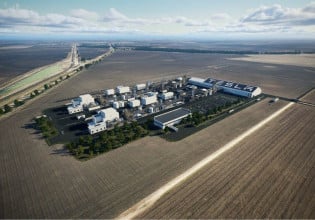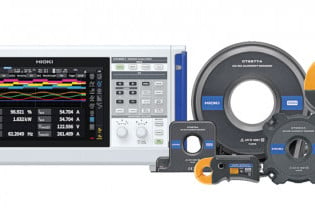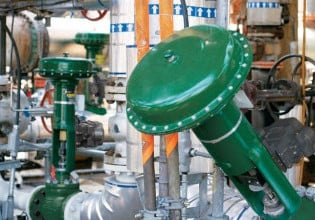Airbus Activates “Plan NiCd” for the A350 XWB Batteries, Deplanes Li-Ion
According to a statement released today by Airbus, “the root causes of the two recent industry lithium-ion (Li-ion) main batteries incidents (on the Boeing 787 Dreamliner) remain unexplained to the best of our knowledge. In this context, and with a view to ensuring the highest level of program certainty, Airbus has decided to activate its “Plan B†and therefore to revert back to the proven and mastered nickel cadmium (NiCd) main batteries for its A350 XWB program at Entry into Service (EIS).†Airbus considers this to be the most appropriate way forward in the interest of program execution and A350 XWB reliability.
Airbus stated in a written release that it is confident that the Li-ion main battery architecture it has been developing with Saft Batteries and qualifying for the A350 XWB aircraft is robust and safe. The A350 XWB flight test program will continue as planned with the qualified Li-ion main batteries. In parallel, Airbus has also launched additional maturity studies on Li-ion main batteries behavior in aerospace operations and will naturally take on board the findings of the ongoing official investigation.
As announced earlier this week on PowerPulse, after an exhaustive examination of the JAL lithium-ion battery involved in the recent fire on a Boeing 787, investigators determined that the majority of evidence from the flight data recorder and both thermal and mechanical damage pointed to an initiating event in a single cell (the battery in question is composed of 8 cells). That cell showed multiple signs of short circuiting possibly from dendrite formation, leading to a thermal runaway condition, which then cascaded to other cells. Charred battery components indicated that the temperature inside the battery case exceeded 500 degrees Fahrenheit. The Li-ion batteries used by Boeing are supplied by Yuasa, not Saft which supplies Li-ion batteries to Airbus.
According to an article in the NY Times, Airbus said it started informing airline customers yesterday that it would not move ahead with an original plan to use the lightweight lithium-ion batteries to power a number of the A350’s onboard systems, and would revert instead to a conventional NiCd battery, also manufactured by Saft, that is already used on several existing Airbus models.
“Airbus considers this to be the most appropriate way forward in the interest of program execution and reliability,†said Marcella Muratore, an Airbus spokeswoman is quoted in the article. Airbus completed the assembly of its first test version of the A350 late last year and initial ground tests of that plane using the Li-ion batteries had already begun at its factory in Toulouse, France.
The A350 is now due to enter service in the second half of 2014 compared with an initial target of 2012 when it was launched as Europe's answer to the light-weight 787 Dreamliner. As a result of making this decision now, Airbus does not expect it to further impact the A350 XWB Entry into service schedule.






